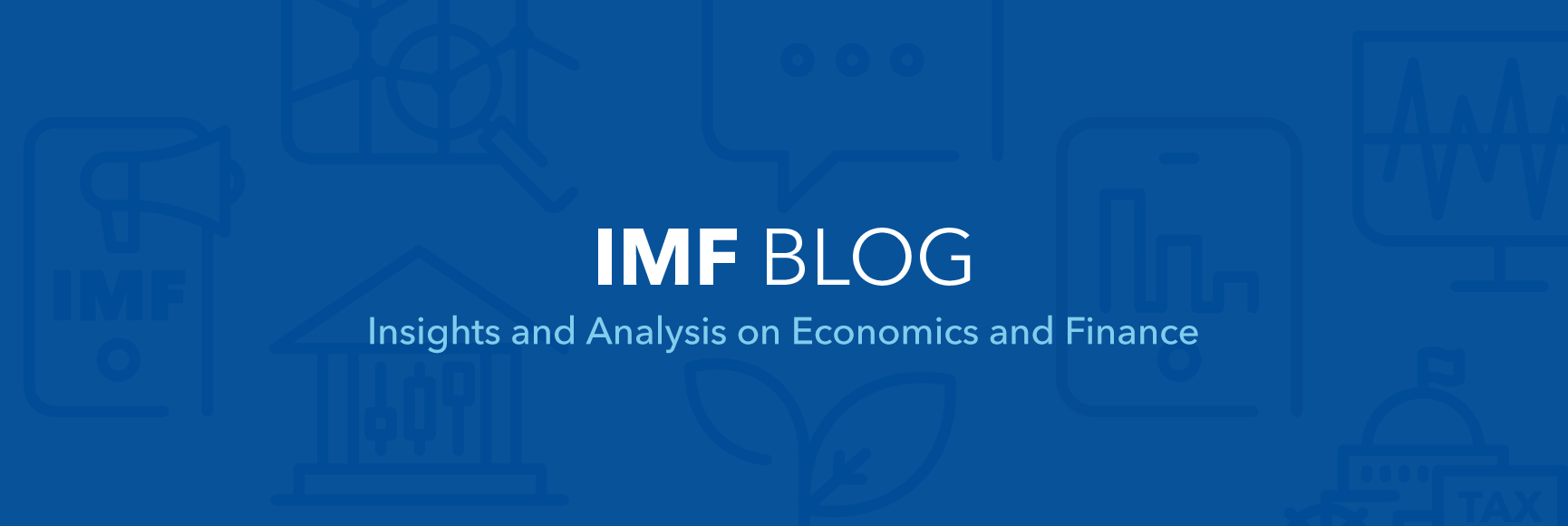(Version in عربي, 中文, and Español)
Technology and finance have always gone together. So what's new this time around? Virtual currencies are part of a broader tech revolution that is driving fundamental change in the global economy.
While the money is virtual, the rewards and the risks are very real. It boils down to this: how best to encourage financial innovation while regulating to protect consumers and avoid other possible harm. A few of our economists, financial experts, and lawyers decided to tackle the issue in a new paper with a global view. Christine Lagarde, the IMF's Managing Director also spoke about virtual currencies in Davos today.
Virtual currencies like Bitcoin (there are many others too), have gone from underground to over-hyped in a very short period of time. So far, they remain a relatively small part of the financial sector: $ 7 billion compared to the $1.4 trillion in U.S. currency in circulation.
The benefits: more people may eventually gain access to financial services, many of them traditionally excluded from their country's financial system. Financial inclusion, in other words. Also, the distributed ledger technologies underlying virtual currencies have applications that go well beyond money and payments, and hold the promise of big gains in efficiency for many types of financial business.
The risks: people using virtual currencies for money laundering, terrorist financing, as well as fraud, tax evasion, getting around capital controls, and people not understanding the risks they've taken on.
The solution: regulations that limit the risks and encourage innovation. Still, a lot of work remains to be done to find the right approaches and the right balance.
You won't be surprised to learn authors also find that international cooperation (part of the IMF's bread and butter) is key for countries to develop effective regulations. Interestingly, so far the risks to financial stability and monetary policy are minor, but this assessment may change as virtual currency use grows.
The paper has something for everyone: policy advice, a useful country-by-country guide to virtual currency regulations, a primer on how distributed ledgers work, and a look back at the history of private money in a number of countries and how it worked out.




